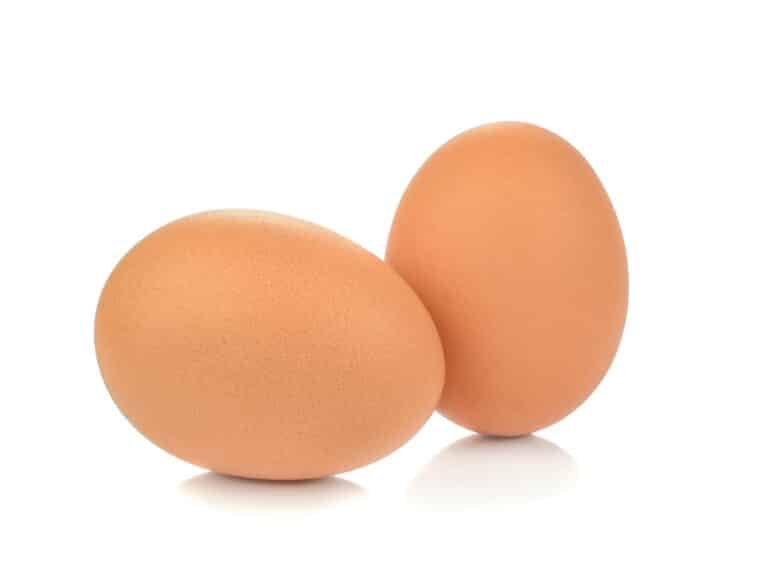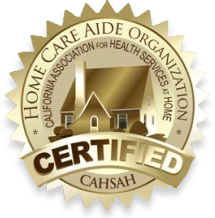Keeping up a healthy, balanced diet is crucial for our general health and wellbeing as we get older. Eggs stand out among the many meal options offered as a flexible and nutrient-rich option. Like every nutritional component, there are advantages and disadvantages to take into account, especially for seniors. In this post, we’ll examine the benefits and possible risks of eggs for senior citizens and how personal care at home can help them properly include eggs in their meals.
What Are the Benefits of Eggs for Seniors?
Not only can eggs be incorporated into any meal or snack, but they offer a significant number of benefits as well. If seniors are uncertain about cooking and preparing eggs, personal care at home can help.
Rich in Nutrients: Eggs are a great source of protein, minerals like zinc and selenium, and vitamins D, B6, and B12. For seniors in particular, these nutrients are essential for preserving bone health, muscle strength, mental clarity, and general vitality.
Protein Powerhouse: To promote muscle strength, repair tissues, and maintain general health, seniors need protein. Eggs are a fantastic source of high-quality protein since they provide every essential amino acid required for biological function. For older folks, especially those at risk of sarcopenia (age-related muscle loss), this makes them a great option.
A Good Source of Choline: Eggs are one of the best food sources of choline, a vitamin that is essential for cognitive and mental health. Sufficient consumption of choline has been associated with enhanced memory and cognitive function, perhaps attenuating the effects of age-related cognitive decline.
Accessibility and Affordability: Eggs are reasonably priced and readily accessible, which makes them a cost-effective and practical choice for seniors, particularly those with fixed incomes.
Tips for Including Eggs in Seniors' Diets
Personal care at home can offer substantial support for seniors’ nutritional needs and help them successfully incorporate eggs into their diets. Here are some examples of how they can help:
Meal Planning and Preparation: Taking into consideration seniors’ dietary limitations, preferences, and nutritional needs, personal care at home can design personalized meal plans that feature eggs in sensible portions.
Cooking Assistance: Personal care at home can help seniors who may have trouble cooking or restricted mobility by demonstrating safe cooking techniques, such as thoroughly boiling eggs, to lower the risk of foodborne disease.
Nutrition Education: Personal care at home can provide information on the health benefits of eggs and their nutritional value. They can also offer advice on how to include eggs and other nutrient-dense foods in a balanced diet.
Monitoring and Assistance: Personal care at home is able to keep an eye on the food that seniors are consuming and help them with any problems that may come up, such as managing cholesterol or digestive problems. They can cooperate with medical professionals to guarantee seniors’ dietary requirements are satisfied.
Eggs include a variety of nutrients that promote health and wellbeing. Because of this, they are a beneficial addition to the diets of seniors. When adding eggs to seniors’ meal plans, it’s important for companion care at home to take their specific dietary choices and medical concerns into account. Seniors can maximize the positive effects of eggs while reducing any potential negative effects with the assistance of personal care at home, enabling them to lead healthier and more satisfying lives as they age.
If you or an aging loved one are considering hiring Personal Care at Home in Chico, CA, contact the friendly staff at Home Care Professionals today.
- Liver Cancer Symptoms and Risk Factors - April 24, 2025
- Seven Indicators That Your Loved One Could Benefit from 24-Hour Home Care - April 18, 2025
- Creating Visual Cues to Support Independence for Seniors With Alzheimer’s - April 9, 2025




